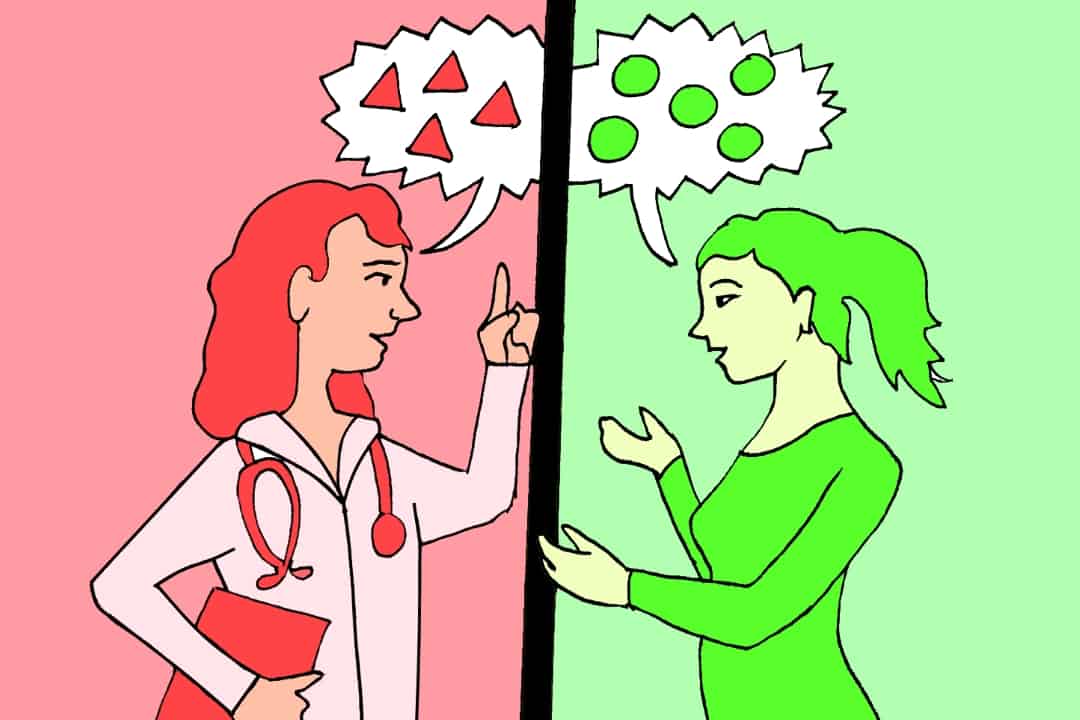Leading headlines as only he can, Brooklyn Nets all-star Kyrie Irving continues to be the modern NBA’s king of controversy. He leads the league in the following categories: dribbling highlights, jelly layups, fans confused, games missed for personal reasons, and, some would argue, self-righteousness. Currently, he’s making headlines for refusing to get the COVID-19 jab.
The NBA finalized the league’s health and safety protocols for the upcoming season late last month. On the website NBA.com, protocols are detailed as following: “Among the rules for unvaccinated players: they will not be able to eat in the same room with vaccinated teammates or staff, must have lockers as far away from vaccinated players as possible, and must stay masked and at least six feet away from all other attendees in any team meeting.”
Further, unvaccinated players will be “required to remain at their residence when in their home market,” as teams were told in the draft of the rules. They will also be required to remain on team hotel properties during road trips. In both cases, there are exceptions for minor things like shopping for groceries or dropping their kids off at school.
Unvaccinated players will also be restricted from entering “higher-risk settings,” the NBA said, such as large indoor gatherings like restaurants and clubs. These restrictions go along with whatever in-house protocols the individual teams wish to impose, and are in line with state laws.
And yet, despite these restrictions, a small handful of NBA players remain hesitant to get themselves vaccinated. Admittedly, none hold the candle to the star power or influence of Kyrie Irving. One of the three All-NBA talents on the championship-contending Brooklyn Nets — along with Kevin Durant and James Harden — Irving has been banned by the Nets from participating in Nets games or practices until he agrees to comply with the new league regulations, and they are currently withholding his salary. Despite this dent in both Kyrie’s wallet and the Nets’ hope of a title, Irving continues to argue that this is an issue of freedom of choice.
“This is about my life and what I am choosing to do,” said Irving on an Instagram livestream. “It is [the] reality that in order to be in New York City, in order to be on a team, I have to be vaccinated. I chose to be unvaccinated, and that was my choice, and I would ask you all to just respect that choice.”
Freedom of choice is one of the most fundamental pieces of a just society, but what Irving and anyone else who rejects the COVID-19 vaccine fails to understand is that this is not simply a personal choice. If a person refuses to protect themselves against the effects of a potentially deadly virus, that is their right, but they’re not thinking about how leaving themselves defenceless harms the people around them.
Masks are a perfect analogy. We’ve grown so accustomed to them over these past two years that we may have almost forgotten the science behind them in the first place. Masks shield others around you from inhaling your breath; that way if you are infected with COVID-19, there’s a decreased chance of people contracting the virus from you.
The same reasoning exists on a larger scale with the vaccine. Professional athletes are at the peak of physical fitness. They are young, and in the prime of their lives. They most likely don’t have to worry about dying of COVID-19 even if they do contract it.
But their mothers may not be at their physical prime, and their children might not be either. The old man passing them on the sidewalk may be at risk — and that’s why vaccination is more than a personal choice, because it doesn’t just affect you personally. I hope that Irving — along with anybody else, athlete or otherwise, who is unsure if they should get vaccinated — comes to the just conclusion and gets the shot. If not for themselves, then for everyone else in their lives.
We humans must compete against this virus as a team. And to win this big game, we must stay united, or we’ll never achieve a definite victory.
Stay strong, U of T.


